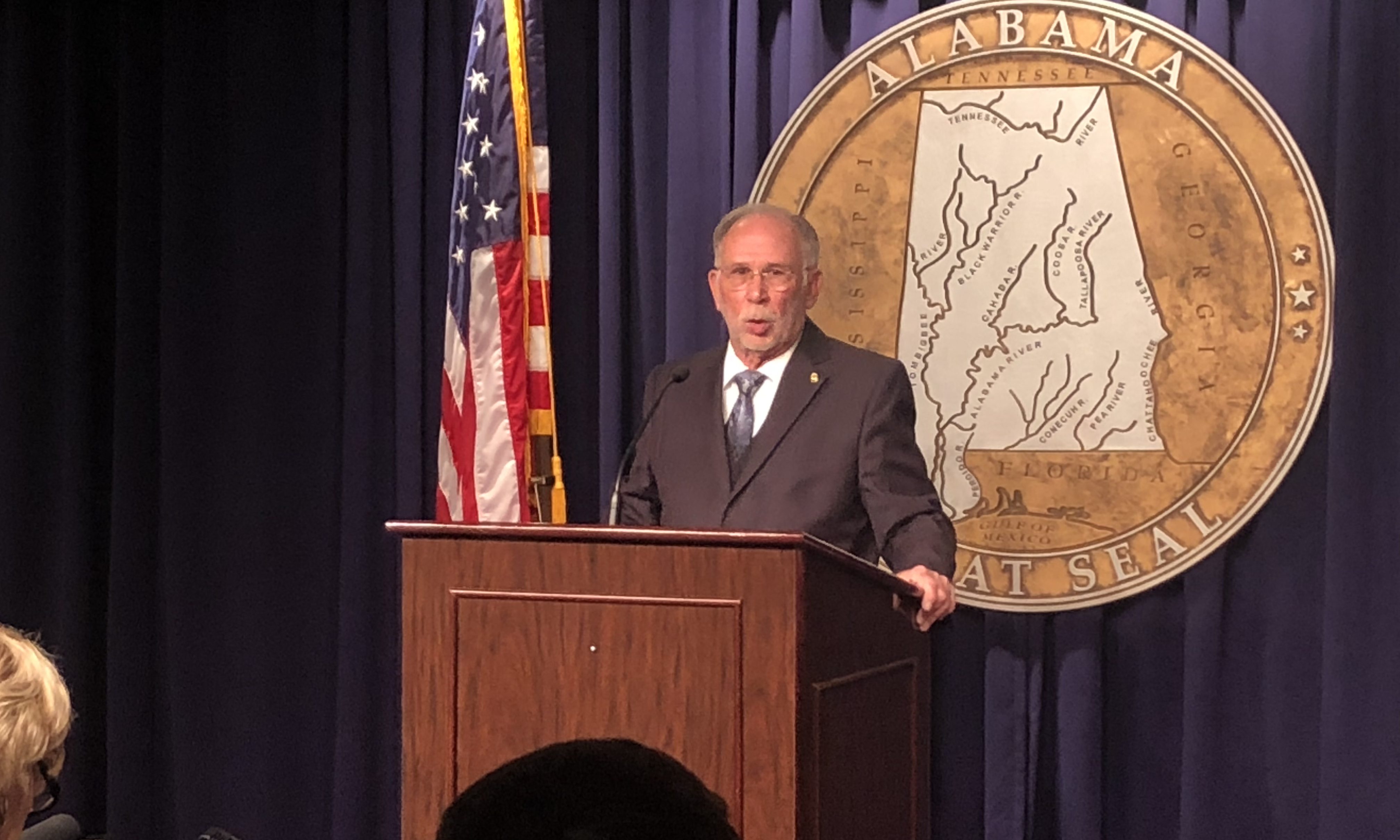On Thursday, the U.S. Supreme Court issued a five to four ruling stating that the federal courts do not have a role in preventing state Legislatures from gerrymandering for partisan political purposes.
State Sen. Jim McClendon, R-Springville, is the Senate chair of the Joint Committee on Redistricting, which will be charged with redistricting the state following the 2020 Census. The Alabama Political Reporter asked McClendon how this decision affect the state of Alabama heading into the decennial census.
“We’ve been anxiously awaiting their decision,” McClendon said. “Their ruling today is consistent with rulings in similar cases in the past. They said the framers of the constitution left political policies, particularly redistricting partisan issues, in the hands of the state and made it clear the U.S. Supreme Court has no jurisdiction.”
“This is the key issue they had to consider, ‘It is not even clear what fairness looks like in this context. It may mean achieving a greater number of competitive districts by undoing packing and cracking so that supporters of the disadvantaged party have a better shot at electing their preferred candidates. But it could mean engaging in cracking and packing to ensure each party its ‘appropriate’ share of ‘safe’ seats,” McClendon said.
“As Senate chairman of redistricting, I am pleased to have a clear ruling and receiving it in a timely manner,” McClendon said. “We have much work ahead of us, and their decision today on this issue will allow us to proceed. We will be receiving census data in early spring of 2021, and this court decision resolves many questions.”
The majority decision was written by Chief Justice John Roberts. He was joined in the ruling by Samuel Alito, Clarence Thomas, Neil Gorsuch and Brett Kavanaugh.
“We conclude that partisan gerrymandering claims present political questions beyond the reach of the federal courts,” Roberts wrote. “Federal judges have no license to reallocate political power between the two major political parties, with no plausible grant of authority in the Constitution, and no legal standards to limit and direct their decisions.”
“Excessive partisanship in districting leads to results that reasonably seem unjust,” Roberts wrote. “But the fact that such gerrymandering is incompatible with democratic principles does not mean that the solution lies with the federal judiciary.”
In North Carolina, Democrats said their Congressional Districts had been gerrymandered by the republican-controlled state Legislature. In Maryland, Republicans said their districts had been gerrymandered by a democratic state Legislature to minimize their representation. The lower federal courts agreed. This ruling overturns those lower court rulings in favor of the power of the state Legislatures.
Former President Barack Obama Supreme Court appointed Justice Elena Kagan wrote the dissent for the court.
“The gerrymanders here — and others like them — violated the constitutional rights of many hundreds of thousands of American citizens,” Kagan wrote. “The practices challenged in these cases imperil our system of government. Part of the court’s role in that system is to defend its foundations. None is more important than free and fair elections.”
The ruling leaves in place the federal court’s role in maintaining racial fairness. Alabama presently has 28 House Districts, eight Senate Districts, two school board districts and a congressional district that are majority minority. Presently, all of those districts are held by Democrats. Republicans hold everything else.
McClendon and the Joint Committee on Redistricting will be tasked with redistricting those bodies again following the 2020 census and before the 2022 election. Those redistricting plans will have to be approved by the state Legislature, where Republicans have supermajorities in both houses.
In the last five decennial reapportionments and redistrictings, the committee also had to get approval from the U.S. Department of Justice Civil Rights Division, but the landmark Shelby v. Holder Supreme Court decision ruled that the pre-clearance section of the Civil Rights Act of 1965 is no longer relevant or enforceable; thus the Legislature does not have to seek pre-clearance on this next redistricting.
Thursday’s decision gives the committee guidance as they move forward with their work.
The decision appears to be a net win politically for Republicans who control both the governorship and the Legislature in 22 states, including Alabama. Democrats control 14.
Original reporting by Fox News and The Washington Post’s Robert Barnes contributed to this report.
















































